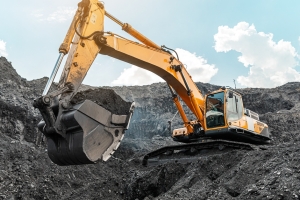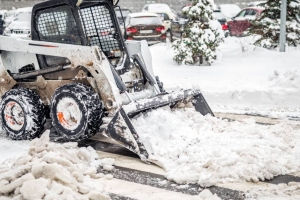How to Choose the Right Server Configuration for Your Website?

When it comes to hosting your website, choosing the right server configuration can be a crucial decision. A server configuration refers to the hardware, software, and networking components that make up a server. It plays a major role in determining your website’s performance, security, and scalability.
Here are some key considerations to help you choose the right server configuration for your website:
Traffic and Resource Requirements
The first step in choosing the right server configuration is to determine your traffic and resource requirements. This includes the expected number of visitors to your website, the amount of data they will be accessing, and the level of processing power and storage you need. These factors will influence the type and size of the server you need to support your website.
Operating System
Once you have a clear understanding of your traffic and resource requirements, you can choose the operating system that best suits your needs. The most popular operating systems for servers are Linux and Windows, and each has its own advantages and disadvantages. Linux is known for its stability, security, and cost-effectiveness, while Windows is known for its ease of use and compatibility with a wide range of software applications.
Server Hardware
Next, you’ll need to choose the right server hardware. Key factors to consider include processor type and speed, amount of RAM, and storage capacity. You’ll also need to consider factors like power consumption, cooling, and reliability, as these can affect the long-term cost of operating your server.
Networking Components
Finally, you’ll need to choose the right networking components for your server, including switches, routers, and firewalls. These components play a crucial role in ensuring your server is secure and can handle large amounts of traffic. You’ll want to choose components that are fast, reliable, and able to handle your expected traffic volumes.
Scalability
It’s also important to choose a server configuration that is scalable, meaning it can be easily expanded and upgraded as your website grows. This will help you avoid the need for costly hardware replacements and downtime in the future.
In conclusion, choosing the right server configuration for your website is a critical decision that will impact its performance, security, and scalability. By carefully evaluating your traffic and resource requirements, operating system, server hardware, networking components, and scalability, you can ensure that your website has the right foundation for success.





